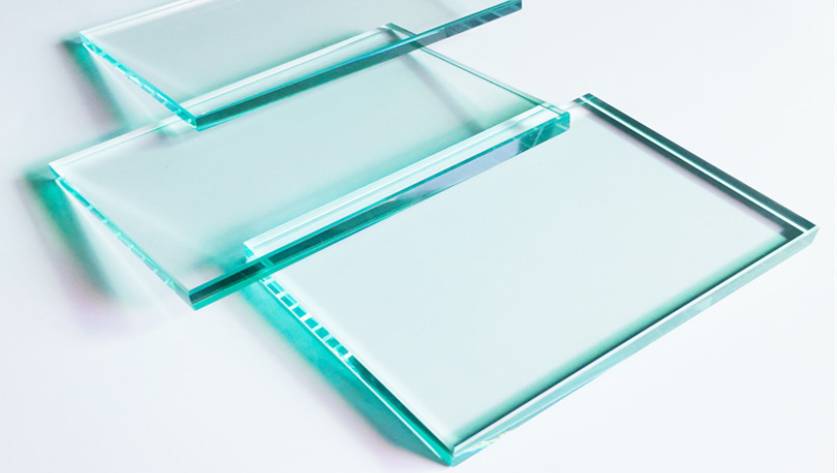
Tempered Glass & Installation
Tempered glass is a type of safety glass that is processed by controlled thermal or chemical treatments to increase its strength compared to normal glass. During the Tempered process, the glass is heated to high temperatures and then rapidly cooled. This rapid cooling, also known as quenching, creates internal stresses within the glass, leading to its increased strength.
Tempered glass finds a wide range of applications across various industries due to its strength, safety, and durability. Some common uses include:
Tempered glass is typically several times stronger than ordinary glass of the same thickness. When broken, tempered glass shatters into small, relatively harmless pieces instead of sharp shards, reducing the risk of injury. Due to its strength and safety properties, tempered glass is commonly used in applications where safety is a concern, such as in car windows, shower doors, glass doors and partitions, and tabletops.
Tempered glass finds a wide range of applications across various industries due to its strength, safety, and durability. Some common uses include:
We have applications of tempered glass across different industries. Its versatility and reliability make it a popular choice for a wide range of uses where safety and durability are paramount.
-
Automotive Industry: Tempered glass is used for car windows, side mirrors, and rear windshields. Its strength helps improve the safety of passengers in case of accidents.
-
Architectural Applications: In buildings, tempered glass is used for windows, doors, and glass facades. Its strength and safety properties make it suitable for use in high-rise buildings and public areas.
-
Home Appliances: Tempered glass is used in household appliances such as oven doors, refrigerator shelves, and microwave oven doors due to its ability to withstand thermal shock.
Tempered glass offers several advantages over regular glass, which make it a preferred choice for various applications:
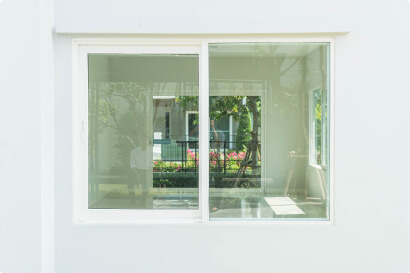
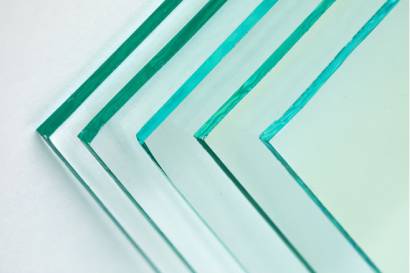
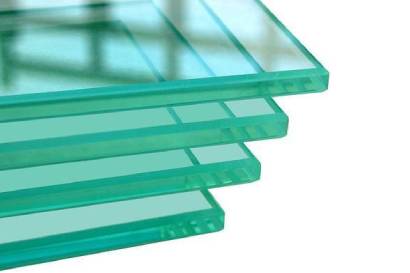
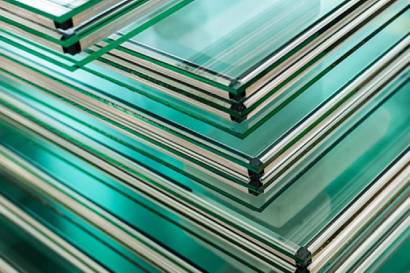
Strength: Tempered glass is much stronger than regular glass of the same thickness. It can withstand higher levels of impact and pressure, making it less likely to break or shatter.
When tempered glass does break, it fractures into small, blunt pieces rather than sharp shards. This reduces the risk of injury, making it safer for use in environments where breakage may occur, such as in vehicles, homes, and public spaces.
Tempered glass is more resistant to thermal stress, bending, and scratching compared to regular glass. This makes it suitable for use in high-traffic areas and applications where frequent use or exposure to harsh conditions is expected.
Tempered glass can withstand higher temperatures than regular glass without breaking. This property makes it suitable for use in applications such as oven doors, stovetops, and fireplace screens.


Designed very similarly to the nearly double priced Galaxy tab S6, with the only removal being.